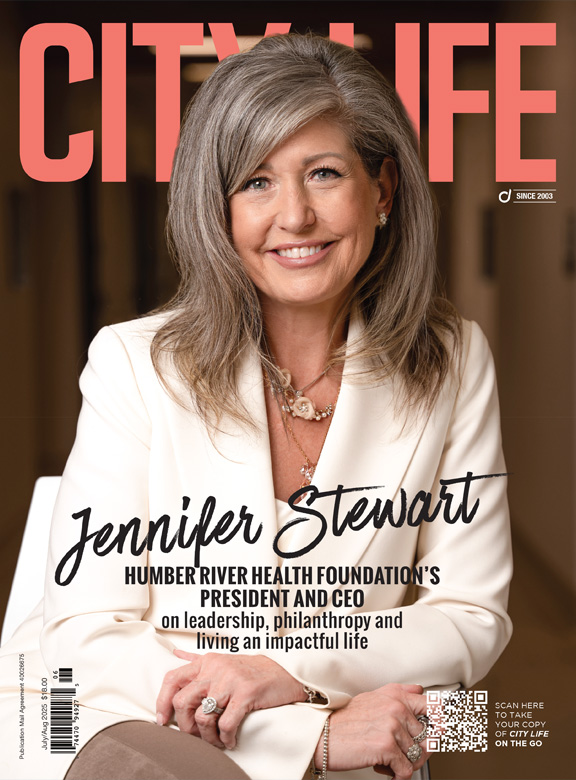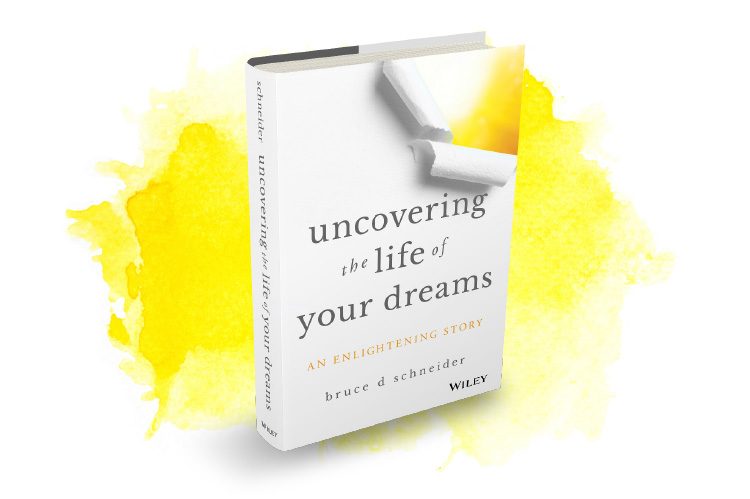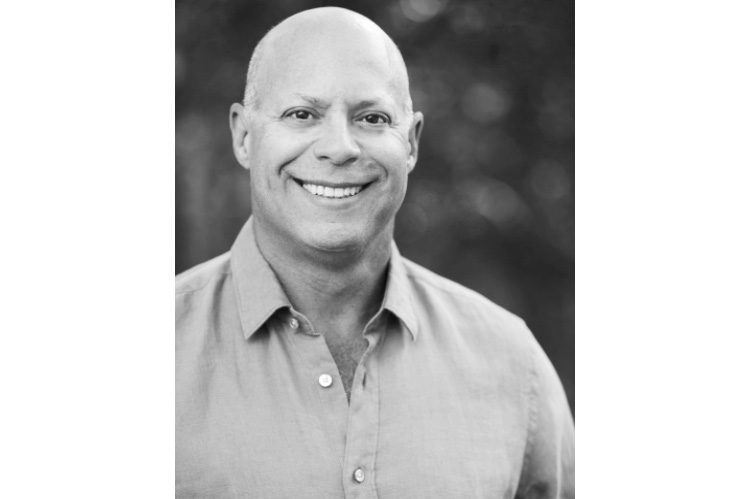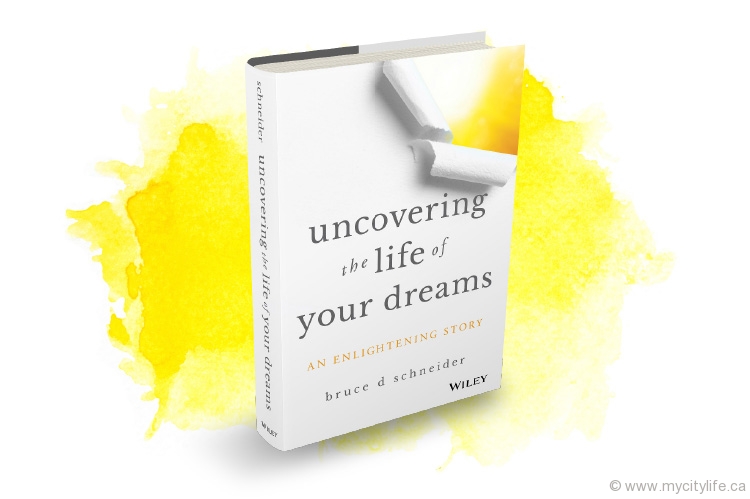Are You Sleepwalking Through Life?
Most of us see the world through filters and rigid belief systems that fill us with fear, confusion, judgment and purposelessness. Here, I explain how to strip away our mind-fabricated illusions so that we can free ourselves to live a rich, fulfilling, joyful life.
It’s no secret that many of us are not as fulfilled as we’d like to be. If you ask most people how they’re doing, the answer always seems to be along the lines of “can’t complain” or “OK.” But is that really as good as it gets? Many of us have a feeling that something is missing but can’t quite put a finger on what it is. Others have settled into the “good enough” mindset and aren’t even aware of how joyful and fulfilling life can be.
Many people get stuck in a cycle of sleepwalking through the day, checking boxes on a life they aren’t really choosing. Most of us don’t even consider what kind of life we want to live, let alone take steps to make it a reality. We’re living a life that was chosen for us, or one that we made by default, or one that we accepted out of fear that we couldn’t do any better. No wonder we’re unfulfilled, burned out and unhappy.
It doesn’t have to be this way. I believe that each of us has the potential to lead an extraordinary life, and that it doesn’t take a lifelong journey to get there.
We see the world through “filters” and rigid belief systems we’ve developed over time. We’re filled with fear, confusion, judgment and a sense of separateness that makes life feel purposeless. What’s more, it blocks our ability to innovate, problem solve and connect with other people in an authentic way. Yet by becoming more conscious, we can transform ourselves and our lives.
Here are four steps to help you wake up to the life of your dreams. When you master these four steps, you are finally free to really wake up and start living the life of your dreams.
1. Get intentional about awareness.
We all have experiences and expectations that shape our perception of the world. We make up stories and interpret the world based on how things seem to us in the moment, not stopping to consider how these perceptions match up to reality. We are too close and personally invested in the situations and circumstances of our lives to perceive them accurately. We need to strip away ego-generated thoughts and beliefs that keep us from seeing things as they are. Once we’re aware of how our past experiences and filters shape our perceptions, we can make intentional adjustments and minimize their impact.
A good way to practise this is to imagine watching your life through a movie. Try to detach yourself from the outcomes, and just take in the show. Focus on the things that happen without trying to contextualize or interpret them.
One degree of emotional separation will open your eyes to the problems we create for ourselves just out of a lack of awareness. Don’t let these sap your energy. Be very intentional about taking a step back and realizing what’s real and what’s a product of your mind.
2. Learn to accept acceptance.
Many of us spend far too much precious time and energy judging the world around us. We tend to get very personally attached to what we believe is the “right” outcome or the “right” way to handle a situation, so we fight what is. We are also very quick to make character judgments about other people when they do things we don’t agree with. This non-acceptance causes most of our emotional suffering. We get stuck in a judgmental mode of thinking and as a result come to view the world as painful, unjust and disappointing.
In reality, we all want almost the same things out of life and are all doing the best we can to get them. We are all trying to feel safe; we are all seeking love. True acceptance is understanding this and knowing that most of the time, the mistakes we judge other people for making are born out of ignorance. We need to get to a place where we can accept all possible outcomes and make peace with how things happen.
When we embrace acceptance as a part of who we are, we release any emotional connection to a particular outcome. The idea is to accept and embrace all experiences that life provides, not judging them as bad—or good. Mastering acceptance allows you to experience life open-armed and with a sense of joy. One way to start to cultivate acceptance is to keep a “judgment journal” so that you can become aware of all the judgments you make on a daily basis.
3. Harness the power of your intuition.
Intuition is a powerful force that can point us in the right direction. Intuition is knowing something, without knowing how you know it. Intuition comes in many forms. Some people have bodily sensations that inform them—literally, a feeling in their gut. Some people hear a voice inside; some people see images. We need to first recognize our intuitive experiences and “language”; then we need to listen to our intuition and use it.
Many of us just ignore our intuition—particularly when it tries to tell us to change course, or points to a problem in something we believe in. Many of us are afraid of appearing ignorant or vulnerable, and most of us fear the unknown, and so we push forward despite our instincts telling us to readjust.
Get fear out of the equation and take advantage of your inner wisdom. We need to practise listening to our intuition from a place of acceptance and awareness. That means approaching the process with an open mind. Don’t look to your intuition for confirmation of what you believe or want to be true, but instead be open to hearing whatever your intuition has to say. Remember: intuition can help you only if you don’t have any emotional attachment to a particular outcome or result.
4. Master the art of presence.
Many of us tend to stay so focused on the past and future that we don’t really engage in the present moment. Yet the only time we have the power to really effect change in our lives is in the present. Worrying about the past, future or anything other than the present moment splits your focus and saps your productivity. In your relationships, being present helps you actively listen to and engage with the people around you. Being present for whatever you do enables you to perform to the best of your abilities.
One excellent way to practise being present is to begin a meditation or centring practice. Even a few minutes a day will increase your ability to be present for the rest of the day. There are many meditation apps and free videos you can use to get started.
The real joy in life is in the moment. The secret to a fulfilling life is to accumulate a lifetime of fulfilling moments. It takes effort and intentional thinking to be present for these moments and to not let them pass you by. How many people wake up one day and realize that their kids are grown up, or they’ve gone through the best years of their life on auto-pilot? Don’t let this happen to you; be present and aware in every moment.

Bruce D Schneider, author
Master Certified Coach, modern-day philosopher and renowned speaker. He is the founder of iPEC, the Institute for Professional Excellence in Coaching, and the author of Uncovering the Life of Your Dreams; Energy Leadership; and Relax, You’re Already Perfect.


















































































No Comment